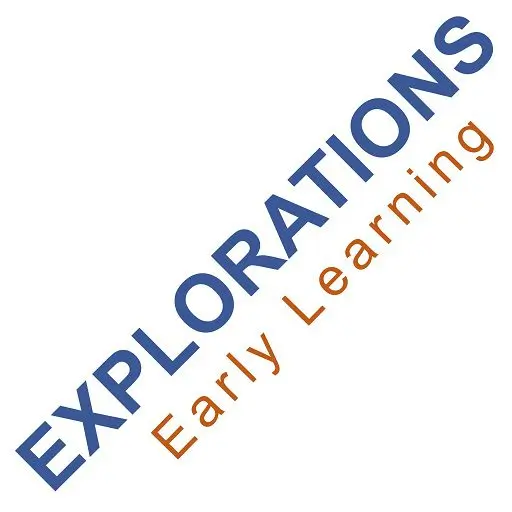
Description
Young children learn best through hands-on, up-close-and-personal, full-contact interactions with the world. The problem many caregivers have with such learning is that kids who fully engage the world often make a mess of things–a million blocks dumped on the floor, green paint on the floor, and muddy footprints on the carpet. Based on ideas from our book, Let Them Play, this session looks at why this type of play is integral to early learning, ideas for managing the mess, and tips to help caregivers support hands-on play.
Outcomes / Goals
Attendees will:
- Understand why hands-on play is important for young children
- Leave with tips and strategies for managing hands-on play
- Acquire ideas for supporting hands-on play
Competency Area
- Alabama | Learning Experiences And Enrichment / Child Development
- Illinois | Curriculum Or Program Design
- Michigan | Teaching And Learning
- Missouri | Use A Broad Repertoire Of Teaching Skills And Strategies For Learning
- Nebraska | Planning Learning Experiences And Curriculum
- Oklahoma | Learning Environments And Curriculum
- South Dakota | Learning Environments
- Wisconsin | Learning Experiences, Strategies, And Curriculum
- CDA | Advancing Children’s Physical And Intellectual Development
Clock Hours
Available in 60 and 90-minute formats
Agenda
This is the breakdown for the 60-minute version of the session:
| Topic | Time | Activity |
|---|---|---|
| Introduction | 05 minutes | Monologue |
| The Value Of Hands-On Play | 25 minutes | Discussion |
| Supporting And Managing Hands-On Play | 55 minutes | Discussion |
| Conclusion | 05 minutes | Monologue |
Related Resources
This session is based in part on content from my books:
- Let Them Play
- Let’s Play
- Let’s All Play
Content Level
Beginner / Beginner / Intermediate
Age Group Focus
- Toddlers (12 months to 36 months)
- Preschool (36 months to 5 years)
- School Age (5 years to 12 years)
- Adults
Target Audience
- Family Child Care Providers
- Child Care Center Teachers
- Child Care Center Directors
- Head Start Teachers
- Head Start Administrators
- Early Head Start Teachers
- Service Coordination Staff
- Technical Assistance Specialists
- Home Visitors
- Parents
